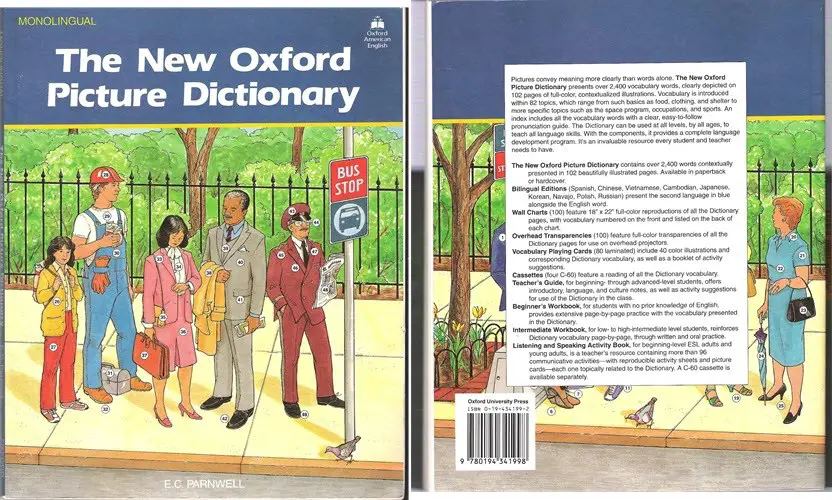LAYLA: Thanks for meeting with me during your lunch hour. I appreciate it.
MONICA: No problem. I’m happy to help. What’s going on?
LAYLA: Oh you know, the usual. Should I take this new job? Or do I stick with my current one?
MONICA: Well, I think it’s time for a change, don’t you? They pay you late and you are unhappy.
LAYLA: Do you really think so?
MONICA: I know so. And I’ve been listening to you complain for over a year now. Trust me. Take the job. What do you have to lose?
===============
LANGUAGE NOTES
• In formal conversation, giving advice is often suggested through modals: ought to/ should / could / If I were you. In informal conversations people tend to use words such as I think that/ I feel that/ in my opinion.
• Listen for the emphasis on I know so and Trust me. These common phrases can be used to convey both positive and negative emotions. “I know so” conveys a deep belief or certainty. “To know” shows more certainty than “to think.”
• Notice the use of command forms: Take the job. /Trust me./ Go for it! The command form can be used to gently persuade someone.





